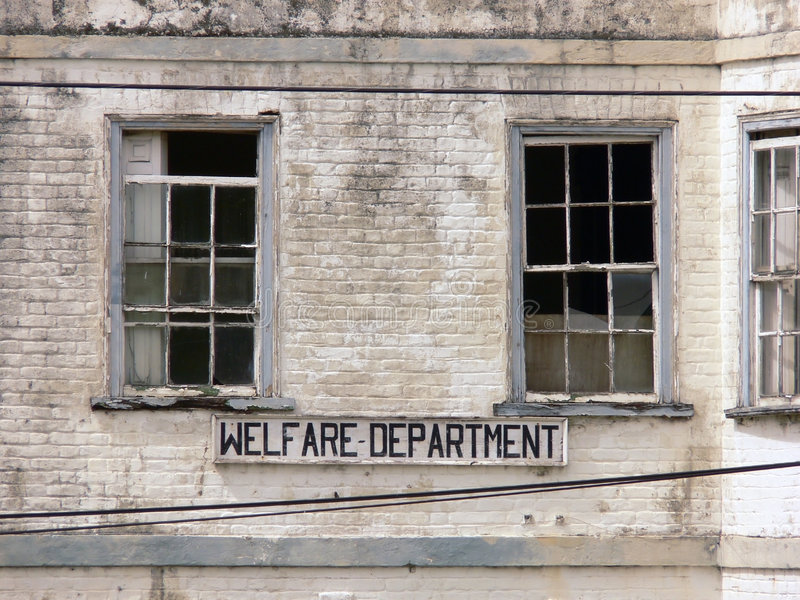Does Post-Industrial America Require a New Welfare State?
what is the future of the American Welfare State in an unavoidably post-industrial society? Photo from Dreamstime
October 10, 2022
Post industrialism can be defined as the shift in a country’s economy from being based in manufacturing to be based in providing services. This shift in the economy is due to an outsourcing of labor and large-scale manufacturing to lower costs and an effort to transition from upholding standard minimum wage and blue-collar jobs to creating high-level jobs that require a higher educational level to their in-state citizens. This creates a massive loss of manufacturing jobs and often leaves a large gap within the current service industry. A contributing member to the service industry can be anyone from a barista at a small coffee shop to the owner of a large bank. Both of these individuals provide a service, but the variance of the level of immediate service they provide that determines their value in a post-industrial society.
When examining the type of society a mainly service-based economy creates, it has to be analyzed in terms of a multitude of factors. This can include technological advancements, inflation, foreign conflicts, and any other factors that impact the way people live in an industrial society vs a post industrial one. However, a few specific phenomena can be pinpointed to this cause. One being globalization. With this ever-growing occurrence of globalization, competition and deregulation within countries and the world have grown rapidly in the post-industrial war. This, coupled with the fact that most states almost solely rely on exports, renders a state powerless over their means of revenue and fiscal policies have become nearly ineffective. This has led to a severe decline in state welfare systems within America over the past 40 years due to a loss of control of state funds and policy makers have stopped advocating for state welfare programs and this has been to the detriment of the people.
Post-Industrialism has also been a major proponent of inequality within America. This can be seen in the decline of the middle class by 19% and the rise of the upper class also by 19%. Another measure of income inequality within the world is the Gini index; the United States Gini Index score -the lower the score the less inequality- in 1991 was 38, compared to 41.5 in 2019- this is compared to the UK’s current Gini Index score of 34.4. This increase in inequality has correlating ties back to the rise of a post-industrial nation including the rise of multi-billion dollar countries as they outsource labor for higher profits for executives, the cost of living increasing so more people cannot afford “middle class necessities” such as owning a home as they may have once done, the fact that many service jobs available offer an either very high paying salary or state set minimum wage and no benefits, the fact that the price of college has increased while the college salary has decreased, and the ability to exploit the people within a country who are working in manufacturing positions with the intent of beating a competing company’s outsourced products.
As the past welfare states fail and inequality is at an all time high, there must be a review of the current situation of America’s Welfare State. We need to consider the consequences of the rapidly changing American economic landscape on the livelihood of the average American citizen, which we can only do by protecting the American Welfare State. While welfare programs often demand a significant and continuous flow of money to implement, it is crucial that we invest in the welfare of this nation’s citizens as we continue to exist in a post-industrial society.


























Kali Cresswell • Oct 17, 2022 at 2:40 pm
You did a great job!
Jacelyn • Oct 12, 2022 at 12:56 pm
So good Avery!